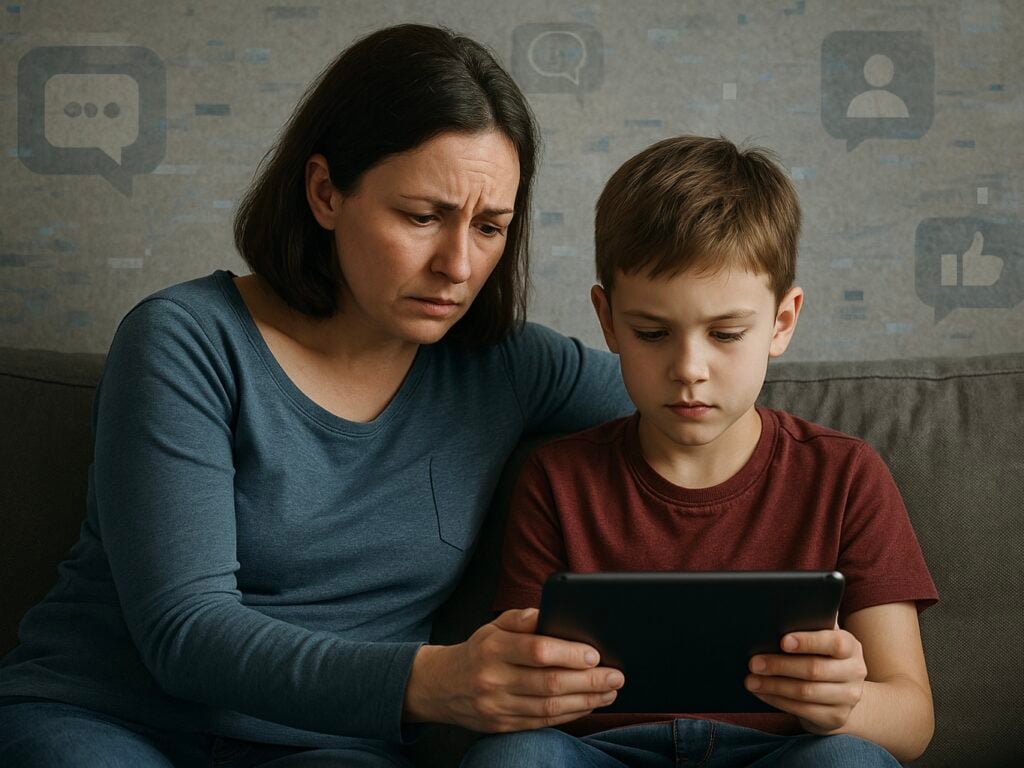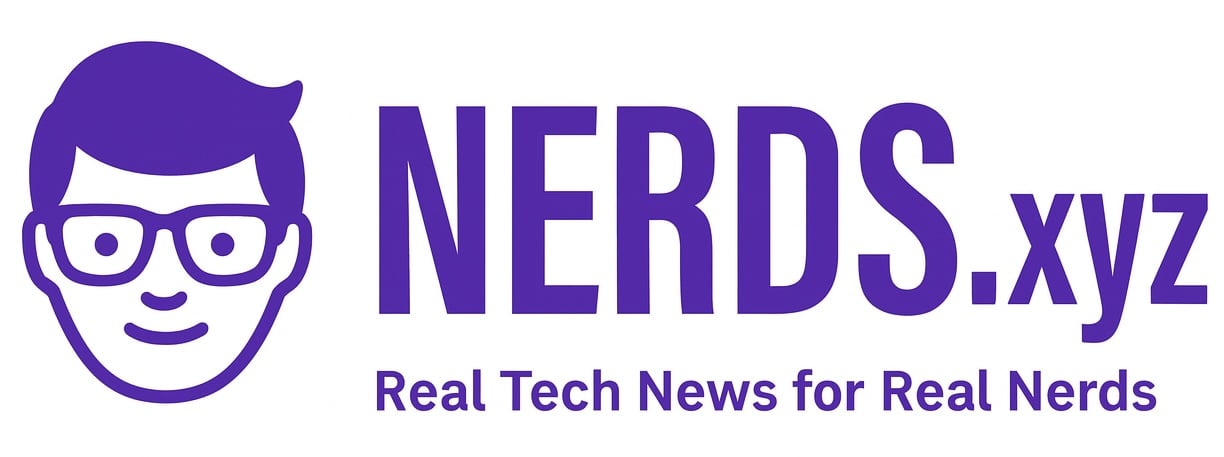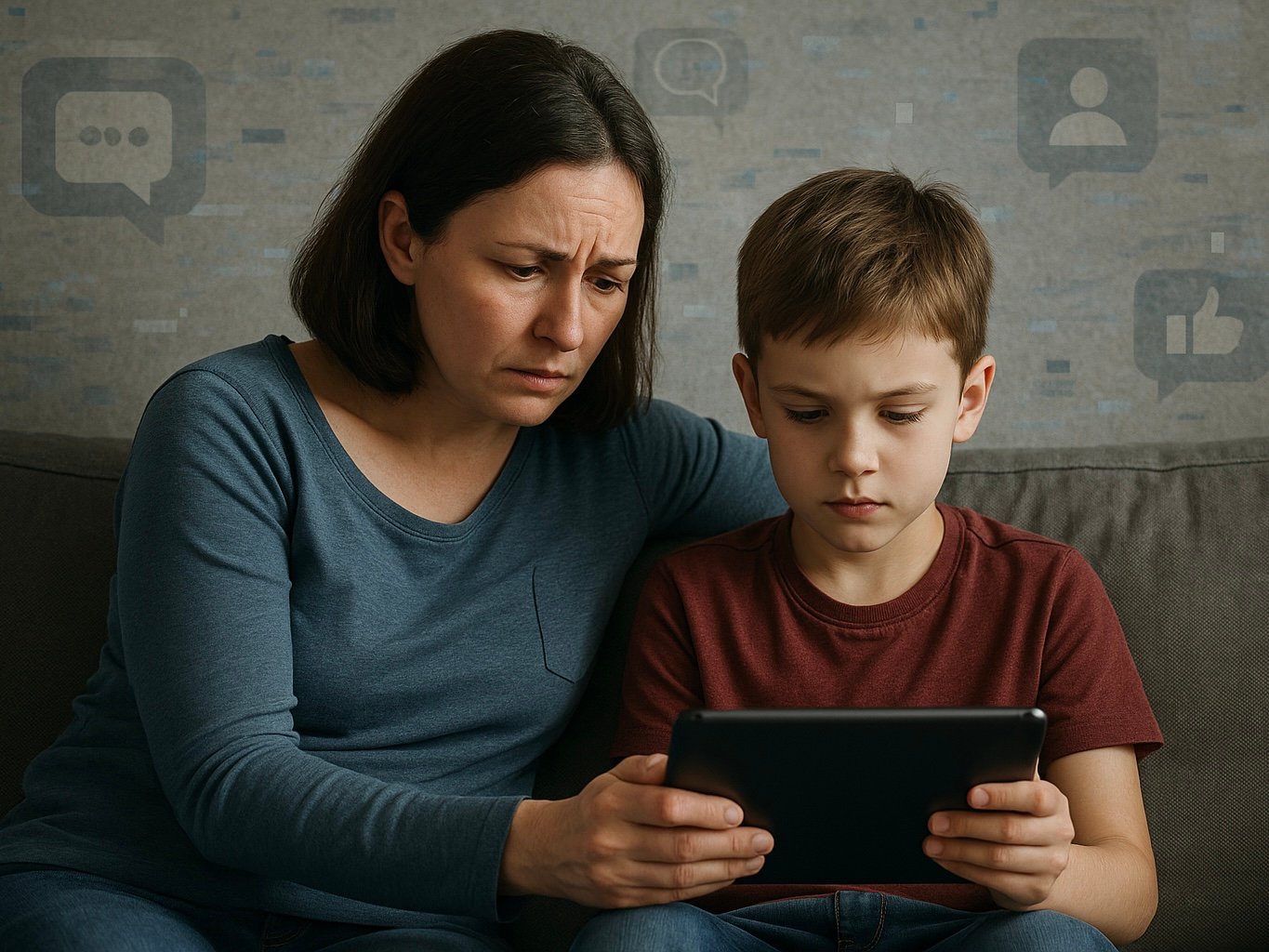
McAfee has published new research that highlights just how unsafe the internet feels for families today. The company surveyed more than 4,000 parents across several countries and found that more than one in five children have already been targeted by an online threat.
Parents listed cyberbullying as their top concern, with 27 percent saying it is one of their biggest worries. Exposure to harmful content came in at 25 percent. A newer concern is the spread of AI-manipulated media, with 18 percent of parents now ranking deepfakes as a top-three fear.
The risks grow as kids reach middle school. Girls are most likely to be affected, with 51 percent of those targeted reporting harassment compared with 39 percent of boys. The danger peaks around age 13, when more than half of children said they had already faced bullying. Deepfakes and so-called “nudify” apps are also rising, with nearly one in five targeted kids reporting this problem. Among girls aged 13 to 15, that number climbs to 38 percent.
Gaming scams are another major issue, especially for boys. Forty-three percent of targeted boys aged 13 to 15 said they had been manipulated in online games. Older teens are more likely to face blackmail or sextortion. More than half of targeted boys aged 16 to 18 reported being threatened with the release of fake or real content.
Parents admit they are struggling to keep up. Nearly half said their child knows more about technology than they do. Only a third said they check devices daily, even though most recognized that late-night and after-school hours carry the highest risks. While 95 percent of parents talk about online safety, those talks decline as children get older. By the late teen years, only about one in five parents checks devices daily.
The consequences stretch far beyond the screen. Forty-two percent of families said their children felt anxious, unsafe, or embarrassed after an online incident. Thirty-seven percent said it damaged friendships or school performance. About one in three said their child withdrew from technology altogether after a negative experience. More than a quarter turned to therapy or counseling for support.
“Today’s online threats aren’t abstract risks. Families are facing them every day,” said Abhishek Karnik, head of threat research at McAfee. “Parents’ top concerns are the toll harmful content, particularly cyberbullying and AI-generated deepfakes, takes on their children’s mental health, self-image, and safety.
Karnik adds, “That’s why it’s critical to pair AI-powered online protection with open, ongoing conversations about what kids encounter online. When children know how to recognize risks and misinformation and feel safe talking about these issues with loved ones, they’re better prepared to navigate the digital world with confidence.”
One parent who participated in the survey summed up the challenge simply: “My child knows more about the internet than I do. I can talk to her about being safe, but I do not always know what to look for. That is what scares me.”
McAfee suggests families set clear agreements on screen time and behavior, review privacy settings, and use tools to spot manipulated content and scams. The company also offers a Technology Pledge to help parents start these conversations.
With nearly one in four families already reporting harm, the challenge of keeping kids safe online is growing quickly. AI-driven threats are emerging faster than many parents can adapt, making vigilance and communication more important than ever.


